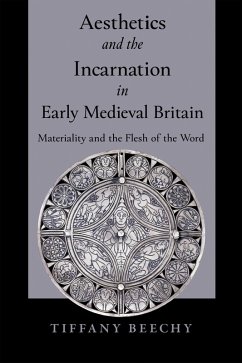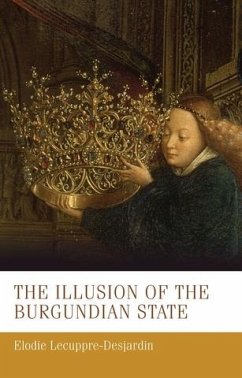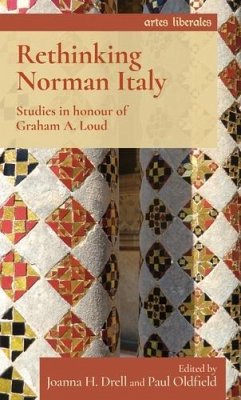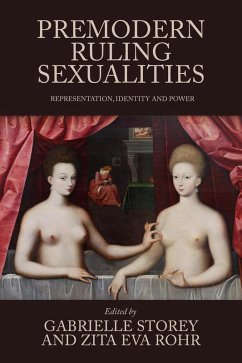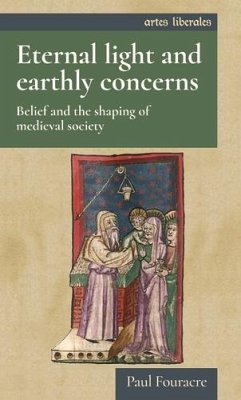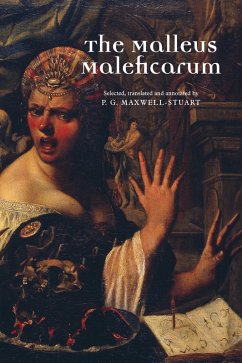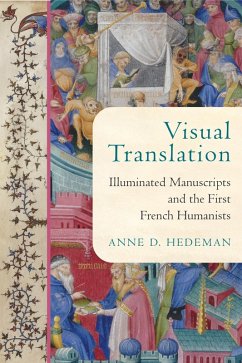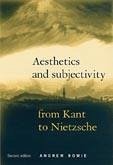
Aesthetics and subjectivity (eBook, ePUB)
Versandkostenfrei!
Sofort per Download lieferbar
0,00 €
inkl. MwSt.
Weitere Ausgaben:

PAYBACK Punkte
0 °P sammeln!
Reconsiders the path of German philosophy from Kant to Nietzsche, in relation to consciousness, aesthetics and language. The book traces the beginning of modern debates on aesthetics and politics, as well as hermeneutics, paying attention to the significance of music in modern philosophy.
Dieser Download kann aus rechtlichen Gründen nur mit Rechnungsadresse in A, D ausgeliefert werden.




